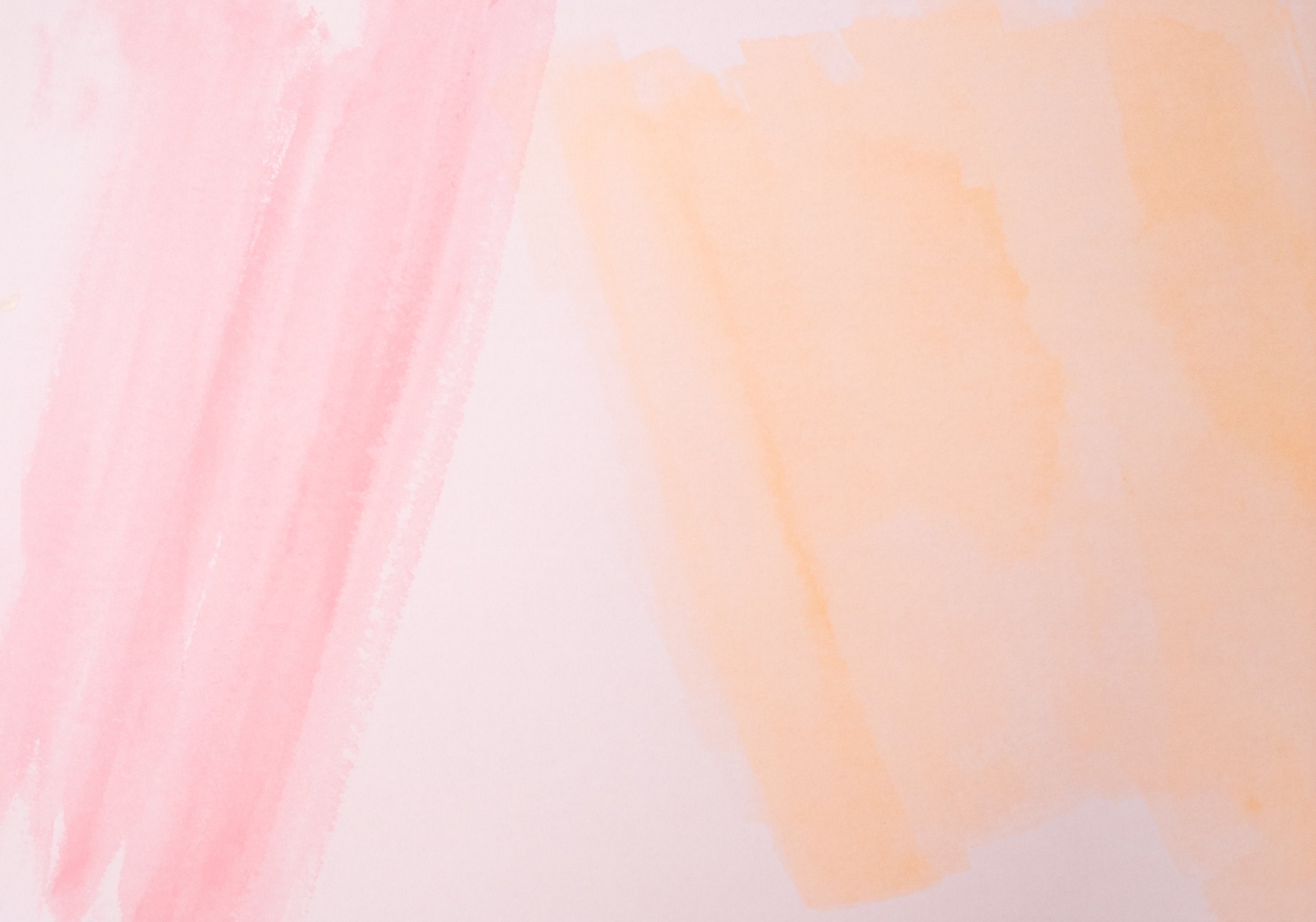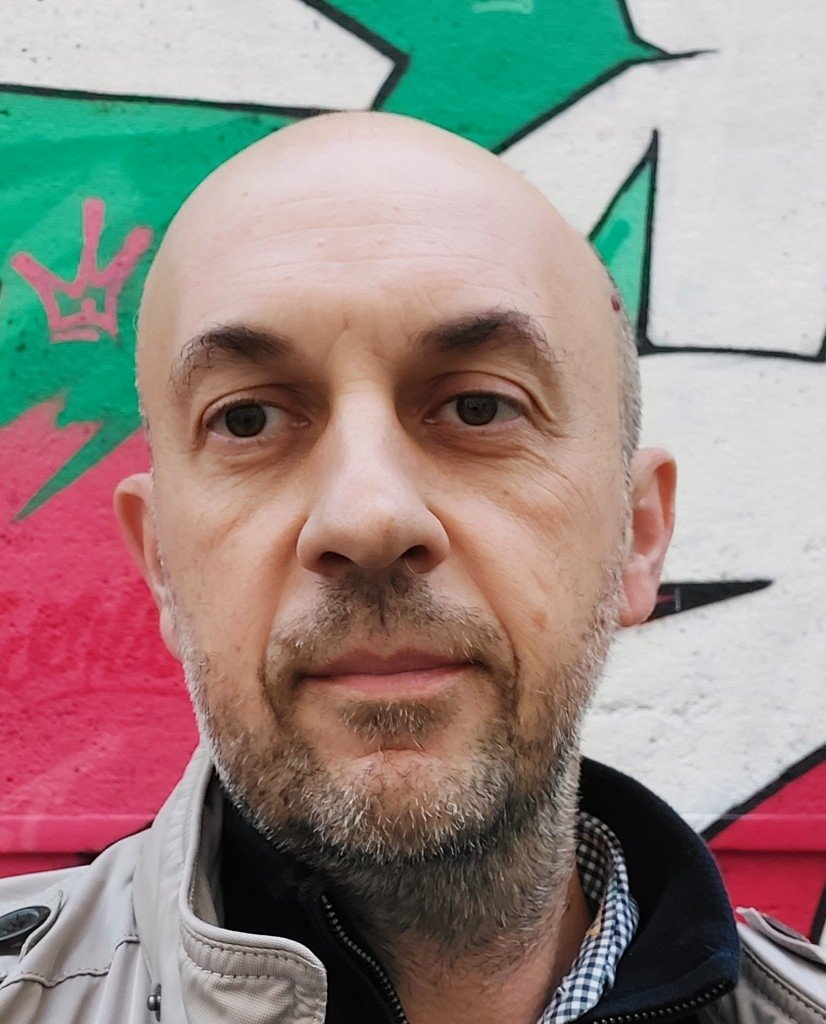
About the European Patent Attorney profession
INTERVIEW
Dragan Coric
Country: Switzerland
Company size: 100+
Experience: 10+ years
Type of work: In-house
In this interview, Dragan is sharing his past experience about both in-house and private practice positions.
How did you learn about the Patent Attorney profession and what inspired you to become a (European) Patent Attorney?
There is no European Patent Attorney school, so every story is a bit different. My first serious contact with patents came during my Ph.D. study when I realised that I could find a lot of useful technical information in the patents which were not available in the scientific articles. From there I was more and more interested in patents and IP and there was no way back. Also, like many others, I was looking for an alternative career path after my research career.
Most people know that Patent Attorneys help clients obtain a patent. However, what other tasks are you responsible for?
Indeed, getting granted patents for the clients is only one part of the job. The more important part is getting useful and valid patents. Understanding science and engineering is an important part to be able to understand the core of the invention, but applying legal concepts is crucial to obtaining the patent. Finally, knowing what the business interest and the state of the market are will decide if your patent will bring profit or if it will be able to block the competition.
What does the team structure at your workplace look like?
In the narrow sense, we are a group of experienced Patent Attorneys, and we make an important part of the broader IP structure. In some companies, I have worked for, Patent Attorneys were part of the engineering group, and in others part of the legal team. Both approaches are common across the industry.
What does your average workday look like?
Like many other professionals these days, I participate in many meetings, and in my case, they are with inventors, other attorneys, and clients. My core time is focused on working on specific cases, including different aspects such as drafting, prosecution, and opposition. Good organisation and efficiency are crucial for being able to process many cases with good quality.
What would a dream workday as a (European) Patent Attorney look like for you?
I guess it would be winning the opposition (on the sufficiency of disclosure) by 10 am. After that, I would have a session with a trainee where I would learn more than I have taught. Next, nice lunch with a colleague discussing something which has nothing to do with patents. After lunch, I would receive a search report for very important cases with only A-documents. Finally, I would draft a full set of claims for an amazing invention. I guess that would be pretty close to my dream workday.
What is the most exciting aspect of being a (European) Patent Attorney for you?
It is definitely having a chance to be exposed to many inventions in the early stage and seeing them having an impact in the years to come. The legal part is also very intellectually challenging, and it is an art in itself. Having amazing colleagues is a big plus too.
What are your least favourite tasks?
In general, the patent system is deadline-based, which sometimes could create stress for the Patent Attorneys and administrative staff. Every mistake could be very costly, and this may create a conservative environment without the desire for experimenting. As patent professionals, we all have to play our part and help each other to make our jobs more relaxing in this context.
Does your job allow you to have time for your hobbies? Do you have any side projects related to patents?
Definitely, Patent Attorneys have hobbies too! I do have some ideas for the projects related to patents, but they are still in my head mostly. Hopefully, I will be able to realise some of them soon. At this time, I am trying to be engaged in bringing awareness to different diversity, equity, and inclusion issues in the patent world.
If you could start your career over, would you change anything?
I think I would not, and every experience was very valuable, even though some were not always the most pleasurable. Sometimes I question if it was better if I had entered the patent field earlier. In my case probably not, but for people entering the profession, it is an important decision to be made.
If the Patent Attorney profession suddenly disappeared tomorrow, what else would you do?
Having all this patent knowledge, maybe I would be a successful patent inventor. 😊
I would probably be a teacher since I like it very much and I did it before, and I find it a very important profession that will never disappear, and it was always there.
What advice would you give someone that wants to become a European Patent Attorney?
I would advise them to get as much information about it because it could be very interesting and rewarding, but like every other profession, it has many aspects which are maybe not as exciting for everybody. Very important is that you do not have to be a Patent Attorney to be part of the patent profession. There are so many other important roles such as patent managers, administrators, analysts, teachers, etc.
I invite you all to contact me directly for any particular questions you may have.
What do you think about the future outlook of our profession?
It is hard to predict anything these days, but I think that patent professionals will have still an important role in 10 years, and they will be only supported by technology and not overtaken by it. My vision is that opening the profession to the broader talent pool, including more inventors in the patent process, and building patent capacity in the countries which are still not strong in the patent sense is the key to the future of patents.

